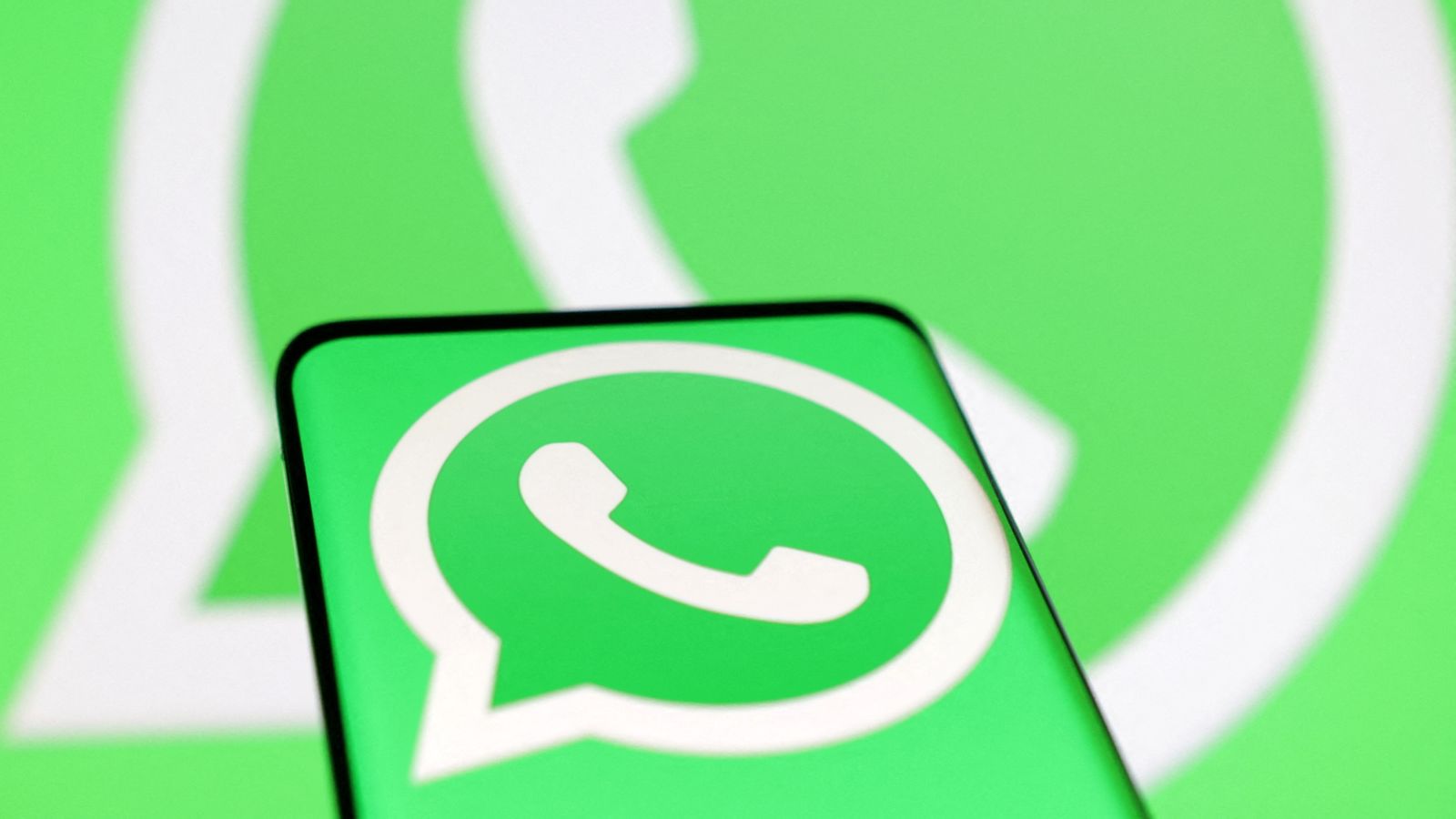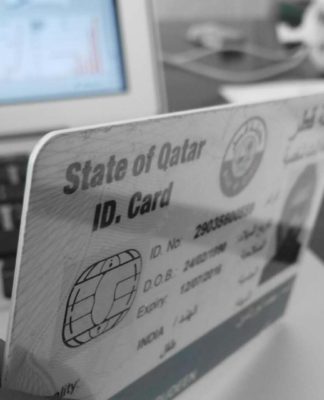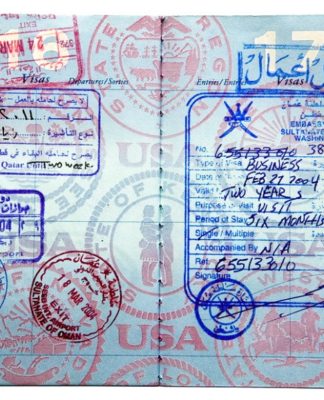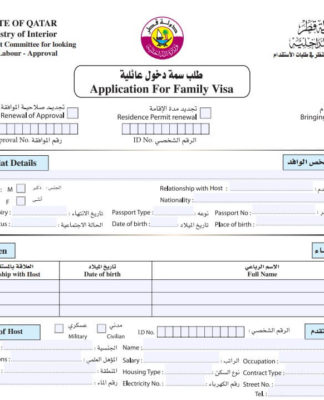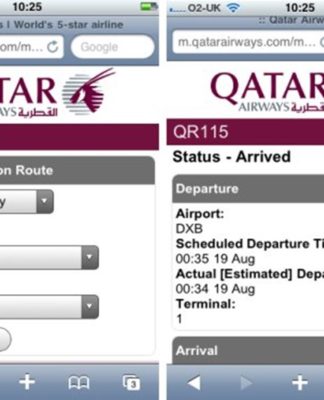WhatsApp, Signal and encrypted messaging apps unite against Online Safety Bill
Signal and Meta-owned WhatsApp have previously warned they would sooner see British users stopped from using their services than risk compromising their privacy. But child safety campaigners and charities have claimed that private messaging is the “frontline of online child sexual abuse”.
By Tom Acres, technology reporter
Tuesday 18 April 2023 11:12, UK
Listen to this article
0:00 / 2:59
1X
BeyondWords
Audio created using AI assistance
Whatsapp logo is seen in this illustration taken, August 22, 2022. REUTERS/Dado Ruvic/Illustration
Why you can trust Sky News
WhatsApp, Signal, and a number of other encrypted messaging services have signed an open letter opposing the Online Safety Bill.
The platforms say the government’s flagship internet safety legislation could undermine end-to-end encryption, which ensures nobody other than the sender and intended recipient of a message can read it.
Signal and WhatsApp, which is owned by Meta, have previously warned they would sooner see British users stopped from using their services than risk compromising their privacy.
The government has insisted it would not outlaw end-to-end encryption, insisting it will retain privacy while protecting children’s safety online, and charities including the NSPCC support it.
But UK-based messaging platform Element, used by the likes of the Ministry of Defence, US Marine Corps, and Ukraine’s armed forces, claimed the bill was “outright dangerous” and would weaken national security.
Element’s chief executive Matthew Hodgson said: “The UK wants its own special access into end-to-end encrypted systems.
“Bad actors don’t play by the rules. Rogue nation states, terrorists, and criminals will target that access with every resource they have.”
WHO’S SIGNED THE OPEN LETTER?
Matthew Hodgson, CEO, Element
Alex Linton, director, OPTF/Session
Meredith Whittaker, president, Signal
Martin Blatter, CEO, Threema
Ofir Eyal, CEO, Viber
Will Cathcart, head of WhatsApp at Meta
Alan Duric, co-founder, Wire
Mr Hodgson added: “It’s a shock to see the UK, a country that symbolises democracy and freedom, introducing routine mass surveillance and fundamentally undermining encryption.
“Bad actors will simply continue to use existing unregulated apps – and good actors using compliant apps will have their privacy undermined.”
Read more:
Why the Online Safety Bill is so controversial
‘No silver bullet’ to solving online abuse
Michelle Donelan says Elon Musk 'will have to adhere' to government's rules on social media1:19
Play Video – What is in the online safety bill?
What is in the Online Safety Bill?
Who backs the Online Safety Bill?
Despite privacy concerns, the long-delayed bill is backed by child safety campaigners, with the NSPCC describing private messaging as the “frontline of online child sexual abuse”.
Surveys suggest it also has the support of large numbers of British adults.
The wide-ranging legislation aims to regulate internet content to keep people safe, and would give media regulator Ofcom the power to demand that platforms identify and remove child abuse content.
Refusing to comply could see companies face huge fines.
What happens next?
The letter from messaging platforms comes ahead of the bill’s final reading in the House of Lords on Wednesday.
It’s almost two years since it was first published in draft form, when it began its long journey through parliament.
Click to subscribe to the Sky News Daily wherever you get your podcasts
After several delays due to the concerns of tech companies, which fear the bill is too far-reaching and unclear about what they will be required to censor, it made its return to parliament late last year and has cross-party support.
Some MPs, though, have said it could impact freedom of expression.
Tory backbencher David Davis has proposed an amendment to the bill to remove powers to monitor people’s private encrypted messages.
Related Topics
Online Safety Bill
WhatsApp














